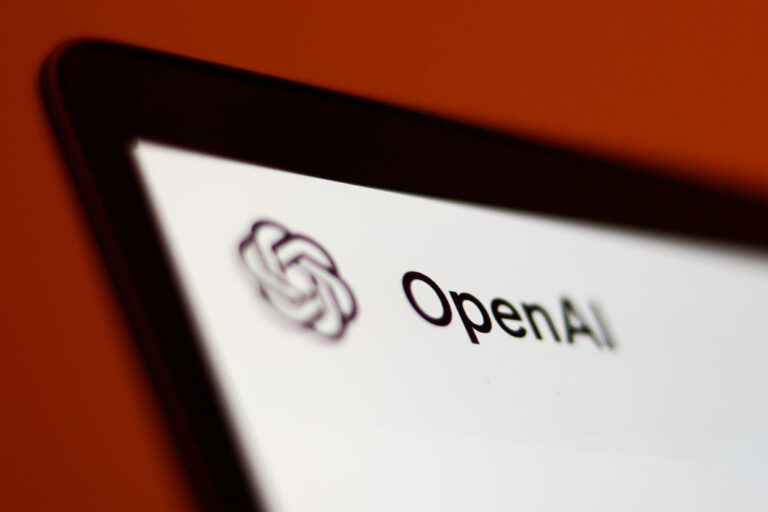OpenAI Unveils Powerful New Tools for Businesses to Create Intelligent AI Agents
On Tuesday, OpenAI unveiled innovative tools aimed at empowering developers and enterprises to create advanced AI agents. These automated systems are designed to execute tasks independently, leveraging OpenAI’s cutting-edge AI models and frameworks.
Introducing the Responses API for AI Agents
The newly launched tools are part of OpenAI’s Responses API, which enables businesses to design custom AI agents capable of performing tasks such as web searches, scanning company files, and navigating websites—similar to OpenAI’s existing Operator product. Notably, the Responses API will replace the current Assistants API, which OpenAI plans to retire in the first half of 2026.
The Growing Hype Around AI Agents
The excitement surrounding AI agents has surged in recent years, despite the tech industry’s challenges in defining what “AI agents” truly entail. For instance, Chinese startup Butterfly Effect recently gained attention for its AI agent platform Manus, which ultimately fell short of delivering on its promises.
Given this context, it is crucial for OpenAI to succeed in developing effective AI agents.
Challenges and Opportunities in AI Agent Development
Olivier Godement, OpenAI’s head of API products, shared insights with TechCrunch, stating, “It’s pretty easy to demo your agent. To scale an agent is pretty hard, and to get people to use it often is very hard.”
Earlier in the year, OpenAI introduced two AI agents within ChatGPT: Operator, which can navigate websites on behalf of users, and Deep Research, which compiles research reports. While these tools showcased the potential of agent technology, they left room for improvement in terms of autonomy.
Enhanced Features with the Responses API
The Responses API allows developers to access the same AI models, currently in preview, that power OpenAI’s ChatGPT Search tool: GPT-4o Search and GPT-4o Mini Search. These models can browse the web for answers to user inquiries while citing sources in their responses.
- Accuracy: OpenAI claims GPT-4o Search and GPT-4o Mini Search score 90% and 88% respectively on the SimpleQA benchmark, outperforming the recently released GPT-4.5 model, which scored only 63%.
- File Search Utility: The Responses API includes a feature that quickly scans files within a company’s databases for information retrieval.
- Computer-Using Agent (CUA): Developers can utilize OpenAI’s CUA model to automate tasks such as data entry and application workflows.
Local Deployment and Reliability Concerns
Enterprises have the option to run the CUA model locally on their systems, as per OpenAI’s announcement. However, the consumer version of CUA available in Operator is limited to web actions only.
It’s important to note that while the Responses API introduces new capabilities, it does not resolve all existing technical issues with AI agents. For instance, despite their enhanced accuracy, AI-powered search tools can still produce errors and struggle with navigational queries. OpenAI acknowledges that GPT-4o Search still gets approximately 10% of factual questions wrong, and the reliability of citations from ChatGPT is not always guaranteed.
In a blog post to TechCrunch, OpenAI admitted that the CUA model is still in its infancy and may produce inadvertent mistakes when automating tasks on operating systems.
OpenAI’s Commitment to Future Development
Alongside the Responses API, OpenAI is launching an open-source toolkit called the Agents SDK, which provides developers with free resources to integrate AI models with their internal systems, establish safeguards, and monitor AI agent activities for debugging and optimization. This toolkit builds on OpenAI’s previous framework, Swarm, released late last year.
Godement expressed his hope that OpenAI can bridge the gap between AI agent demonstrations and real-world applications within this year, reiterating that “agents are the most impactful application of AI that will happen.” This sentiment aligns with a statement from OpenAI CEO Sam Altman, who predicted that 2025 could mark the year AI agents enter the workforce.
As OpenAI continues to innovate, the latest releases signal a shift from impressive demos to practical, impactful AI tools.







